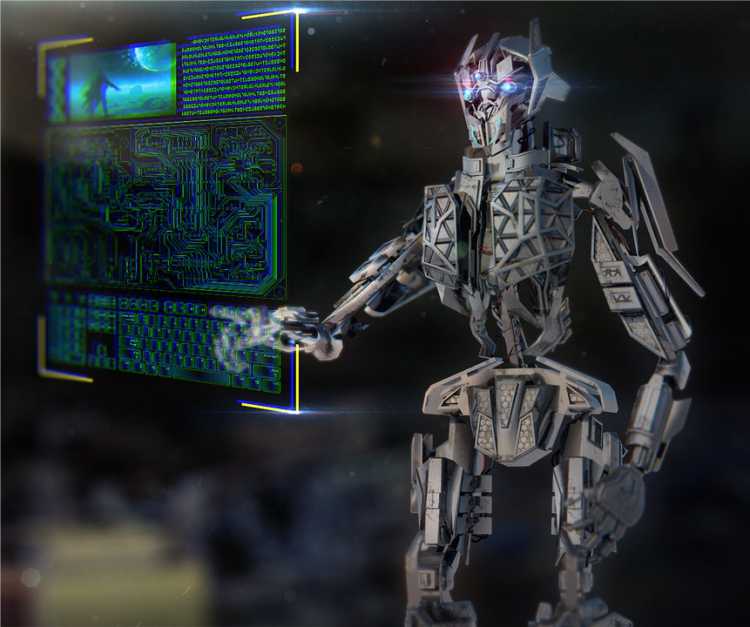Earlier this month Elon Musk and Jack Ma, both tech billionaires, presented a public debate on future technology putting artificial intelligence in the spotlight. Musk repeated his concerns of possible negative consequences AI could bring to society, but Ma took a more optimistic approach. Despite their different positions on the impact of AI, both agree that this new technology will change how we live and work, possibly more than any previous technology. In reality, AI and technologies of machine learning are already completely changing the business world, and this is only the beginning.
Learn through doing
Companies that are already reorienting their business around AI technology are achieving success. By incorporating automation and advanced data analytics into their marketing, business development, service to customers, and almost every other proves in their business, they are succeeding. Including AI at the very core of their business has put these companies to the forefront and ready to capitalize as the new technology advances.
Implementing any new technology, including AI, isn’t always going to be a smooth process, and especially for those companies who have plenty of technical expertise in-house already. However, these first adapters are aware that technology is new and accept the new challenges they will face as they integrate AI. These companies know it is best to face any problems early, rather than miss the future opportunities presented by AI.
In order to minimize challenges and maximize the long term value of implementing AI there are several steps you can take.
1. AI aligned with specific business objectives
For most chief executives the biggest external challenge they are facing is technological change. In addition to that, many chief executives do not have the skills and/or knowledge to navigate this rapidly changing technological world. It is critical that executives today prioritize IT as an integral part of their core business. This allows the company to be proactive, and ready for change, which will give them the edge over their competitors. Being proactive will also help to select the best AI strategy for the company’s business.
AI businesses are different, but the better the understanding of the company’s goals and how AI can assist in achieving them, the better decisions that will be made about the integration of AI and what can be expected from Returns on Investment.
2. Existing jobs become ‘superjobs’
One of Oracle’s senior vice presidents, Emily He, notes that the skills required for a wide variety of business functions will change as a result of AI. A lot of repetitive work will become automated through technology, and that will lead to a large amount of job redesign. The energy that was previously spent on repetitive tasks will be relocated to higher-level work. Companies will be looking for employees who have the ability, and be comfortable to, work beside and with machines.
As AI adopts more of the workload leaders will need to collaborate with staff to understand now roles are changing. C-suite and HR will need to work together in order to provide accurate job descriptions for these new ‘superjobs’. This will ensure that new employees have the skills necessary for their new jobs. He observed that the redesign would occur through HR, leadership and employees themselves.
3. Training to work with AI and data
Today many businesses face a critical shortage of technical talent, which means that many companies may need to upskill employees instead of hiring new staff. Before integrating AI, companies will need to check they actually have the expertise and data to make the most of these solutions.
The CEO of Enertia Softwares (developer of enterprise solutions for the oil and gas industry), Vince Dawkins, believes that having in-house expertise will give companies a competitive edge. He explains the importance of clean, organized data when moving to AI. Training employees early and providing the right tools for the success of AI, will give organizations an invaluable start with the implementation of AI.
The World Economic Forum has predicted that AI would create almost 60 million jobs within the next five years. It is inevitable that these jobs will need new skills and lead to new processes for most businesses. The best advice is not to wait to see how your industry will change with the implementation of AI but get ahead by including this technology in your business now.
image source: www. pixabay.com

